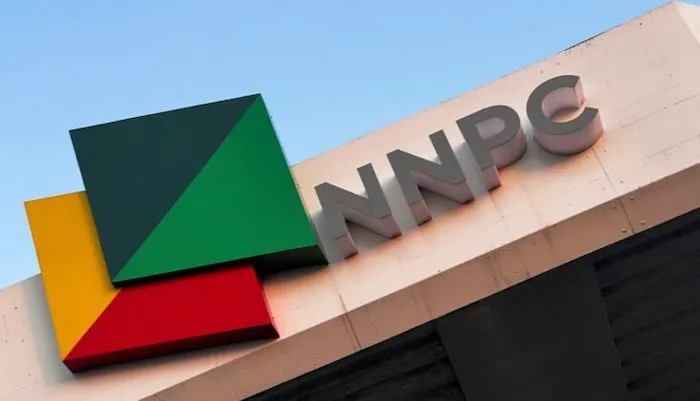
The Nigerian National Petroleum Company Limited (NNPCL) is expected to announce a fresh reduction in Premium Motor Spirit (PMS) prices following a recent fuel price slash by MRS filling stations in partnership with Dangote Refinery.
On Monday, MRS revealed a downward adjustment in its pump price, marking the first reduction of 2025. The new rates stand at N925 per litre in Lagos, N933 in the South West, N945 in the North, and N955 in the South East, reflecting a significant drop from the previous N970 per litre.
This move follows Dangote Refinery’s February 1 announcement of an ex-depot price reduction from N970 to N870 per litre, triggering fresh competition in Nigeria’s downstream sector.
Speaking exclusively to reporter, the National President of the Petroleum Products Retail Outlet Owners Association (PETROAN), Billy Gillis-Harry, and the spokesperson for the Independent Petroleum Marketers Association of Nigeria (IPMAN), Chinedu Ukadike, expressed confidence that NNPCL would follow suit with a price reduction.
Gillis-Harry emphasized that NNPCL had “no choice” but to cut prices to remain competitive.
“It is not possible to have a cheaper product available and still opt for a more expensive one,” he stated.
Ukadike echoed this sentiment, attributing the anticipated price cut to a growing “price war” between NNPCL and Dangote Refinery.
“Once Dangote Refinery drops its price, NNPCL is likely to follow,” he added.
Despite the reductions, transportation and food prices have remained largely unchanged, raising concerns about the economic impact of the fuel price adjustments.
Gillis-Harry attributed this to the weak purchasing power of Nigerians.
“If you observe, the cost of transportation has not dropped despite fuel price reductions. This indicates that Nigerians’ purchasing power is too weak to trigger immediate price shifts,” he explained.
He called for increased engagement in production activities such as farming, fishing, and technology to boost economic resilience.
However, Ukadike maintained that the effects of the price cuts would be felt over time.
“The impact will be gradual but will eventually trickle down to transportation and other sectors,” he noted.
Gillis-Harry also raised concerns over the volatility of fuel prices, warning that frequent fluctuations could disrupt market stability.
He pointed out that sudden price drops often lead to losses for marketers who purchase fuel at higher rates before price reductions take effect.
“There’s still a significant stock of fuel bought at the old price that hasn’t been sold. Marketers cannot sell below cost price—it’s economically impossible,” he said.
December 2024 saw Dangote Refinery reduce its ex-depot price from N899.50 to N870 per litre, compelling NNPCL to implement a price drop. The ongoing competition between the state-owned oil giant and Africa’s largest refinery is now driving further reductions, setting the stage for a dynamic shift in Nigeria’s fuel market.
As the rivalry continues, all eyes remain on NNPCL’s next move. Will the national oil company lower its pump prices in response? Nigerians are watching.
Comments